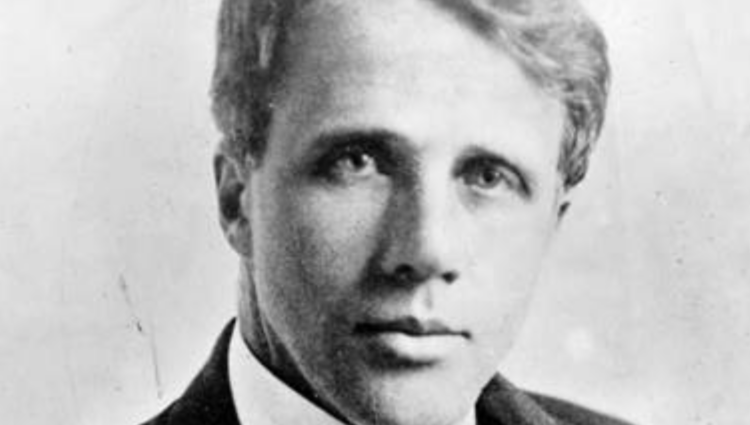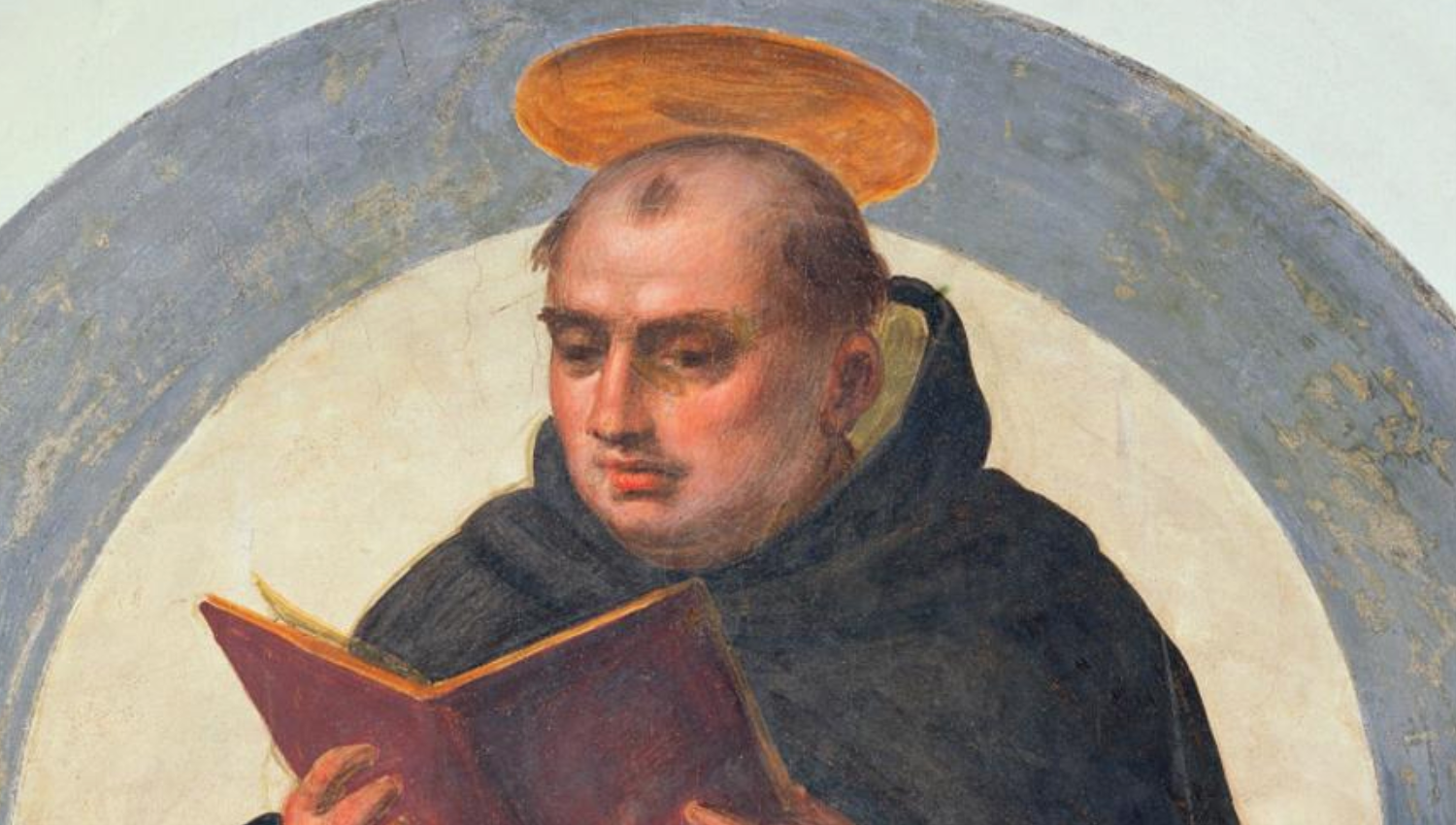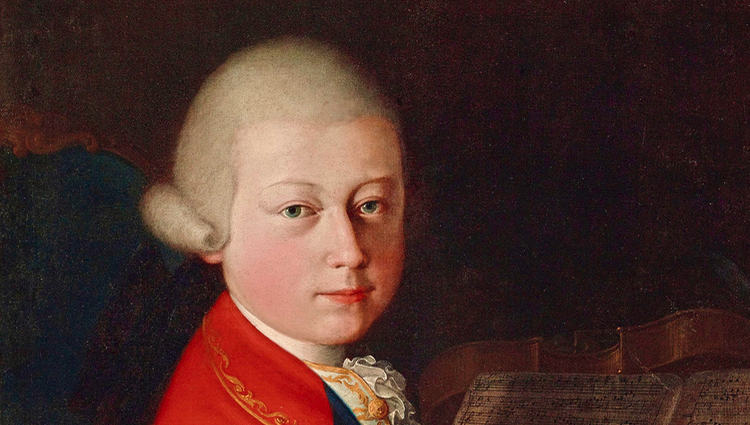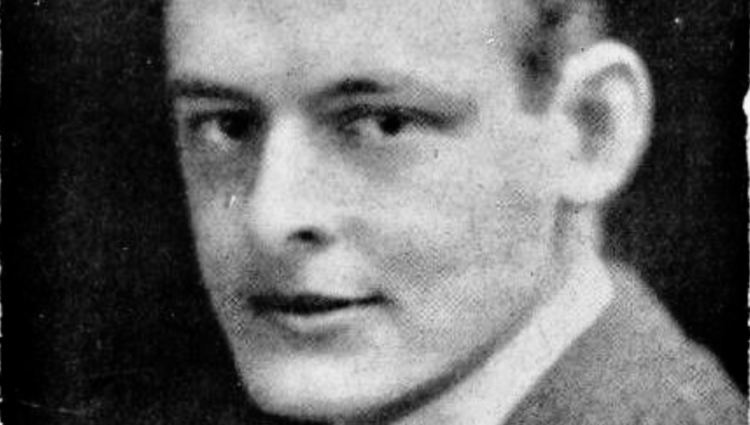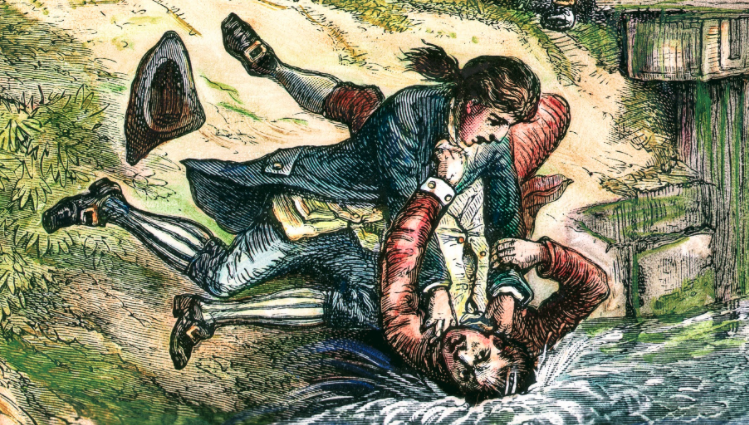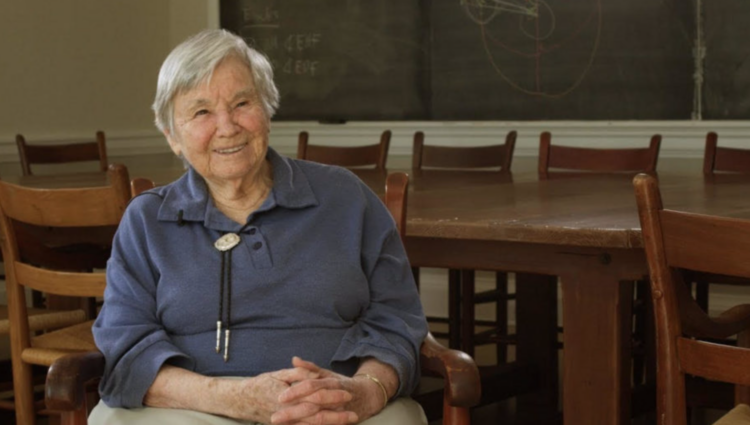
Franz Schubert’s Music of Paradise Lost ~ The Imaginative Conservative
Franz Schubert’s music is the music of Paradise lost. It is the songful lament of the wanderer who has been banished, yet who must find the difficult way back through suffering and death. It is music of the journey in exile. In terms of his achievement there is only one other composer to whom Franz […]


